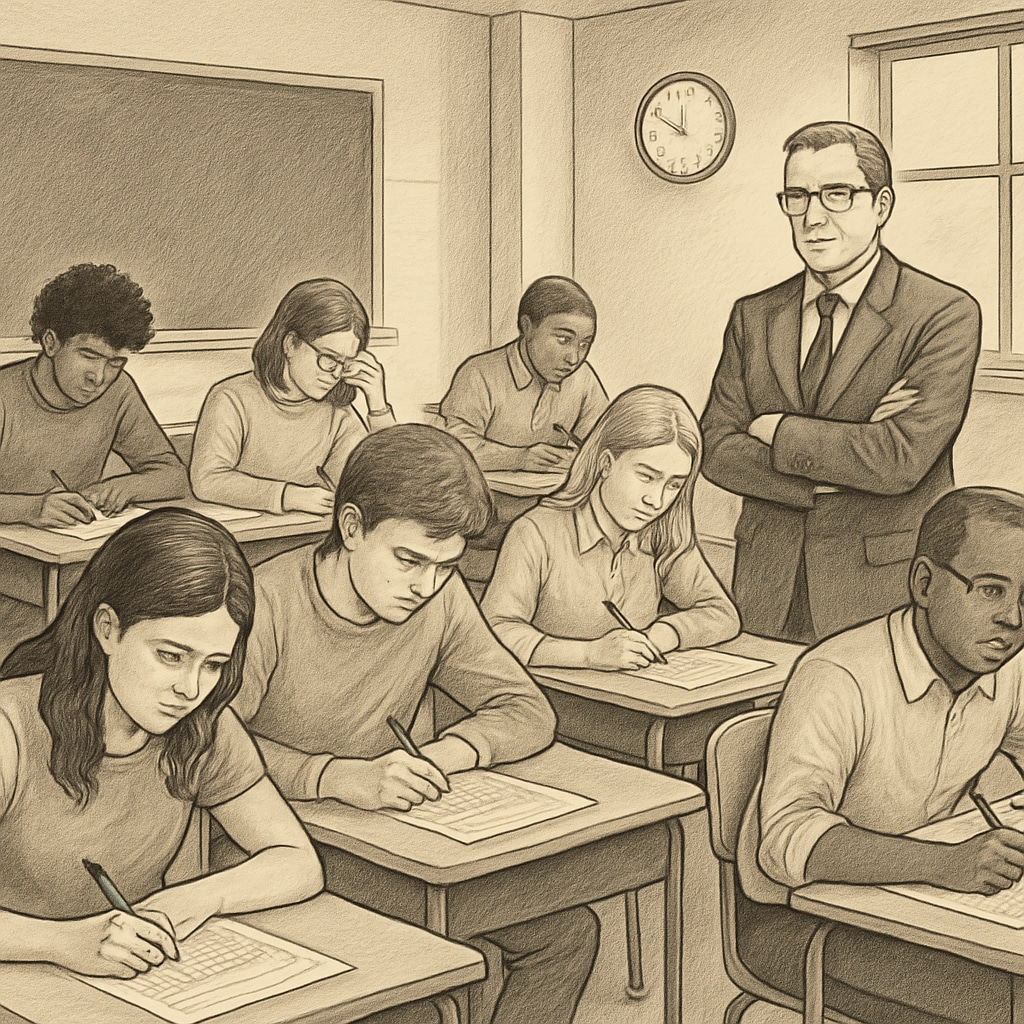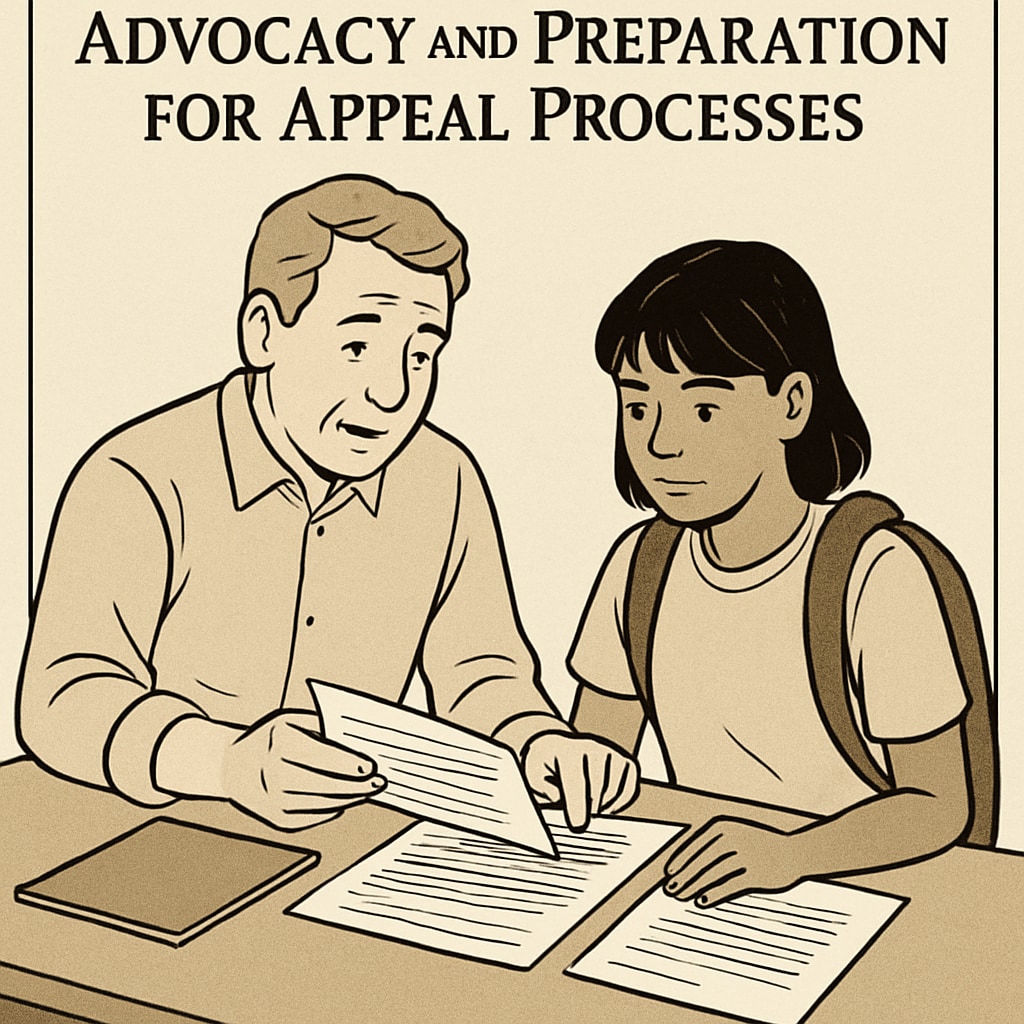AP Physics C students frequently encounter grading disputes that arise from exam errors, unclear rubrics, or inconsistent teaching methods. These disputes often lead to frustration, especially when internal appeals fail to yield results. The systemic challenges in addressing these issues raise broader concerns about fairness and transparency in education. This article delves into the reasons behind these disputes, the limitations of institutional appeal systems, and actionable strategies for students to achieve a fair evaluation.
Why Do Grading Disputes Arise in AP Physics C?
The rigorous nature of AP Physics C, which covers advanced mechanics and electricity & magnetism, makes it prone to disputes. Common issues include:
- Exam Errors: Mistakes in test questions or unclear wording can confuse students and lead to incorrect answers.
- Subjectivity in Grading: Free-response sections often involve subjective evaluation, increasing the likelihood of inconsistencies.
- Teaching Gaps: Some schools lack adequately trained instructors, resulting in students being underprepared for the exam’s complexity.
These problems are compounded by the high stakes of AP exams, as scores significantly impact college admissions and credit opportunities.

Why Do Internal Appeals Often Fail?
When students suspect grading errors, they typically rely on their school’s appeal process. However, these appeals frequently fail due to several systemic barriers:
- Lack of Transparency: Students and parents rarely gain access to detailed grading rubrics or the reasoning behind specific scores.
- Institutional Bias: Schools may prioritize defending teachers or administrators over addressing student concerns.
- Limited Oversight: AP scores are ultimately determined by the College Board, leaving little room for local resolution.
As a result, students are left navigating a complex system with little accountability, perpetuating feelings of frustration and helplessness.
Strategies to Overcome Systemic Barriers
While the challenges are significant, students and parents can take proactive steps to address grading issues:
- Document Everything: Keep detailed records of exams, assignments, and communications with teachers. This documentation will be critical if you need to escalate the issue.
- Leverage External Support: Contact the College Board for a score review or re-evaluation. While this process involves a fee, it provides an impartial assessment.
- Seek Advocacy: Engage with education advocacy groups or legal professionals who specialize in academic disputes. These experts can guide you through the appeal process effectively.
- Raise Awareness: Share your experience with local school boards or parent organizations to push for systemic reforms.
These strategies empower students to challenge unfair evaluations and advocate for systemic improvements in the education system.

The Role of Systemic Reform
Ultimately, addressing grading disputes requires systemic reform. Schools and testing organizations like the College Board must prioritize:
- Transparency: Providing detailed scoring breakdowns and rubrics to students.
- Training: Ensuring teachers are adequately prepared to teach AP courses.
- Accountability: Establishing independent review boards to handle disputes fairly.
By implementing these changes, the education system can better support students and uphold academic integrity.
In conclusion, while grading disputes in AP Physics C highlight significant systemic challenges, students can take specific steps to advocate for fairness. By documenting issues, seeking external support, and pushing for reform, students can navigate these barriers and secure the fair evaluations they deserve.
Readability guidance: The article uses clear subheadings, short paragraphs, and lists to enhance readability. Transition words like “however,” “therefore,” and “for example” are used to improve flow. Active voice dominates the text, and passive voice is minimized.


